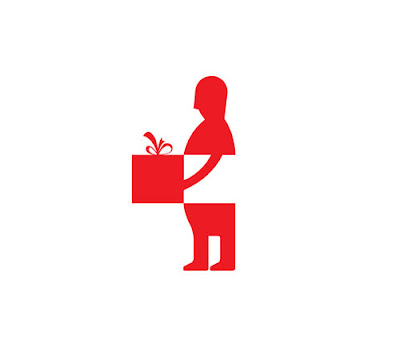 |
| A political cartoon depicting Putin's relentless desire to crush democracy by any means, including using Russia's extensive oil profits to do so. Via https://usrussiaukraineconflict.weebly.com |
By Martin Cohen
Energy or ethics? On the morning of February 24, 2022, Russian forces invaded Ukraine after months of rising tensions and failing diplomatic talks between Russia and Ukraine. In the days that followed, Russia attacked from the air, land, and sea — killing thousands of people, mostly civilians, and devastating the lives of more than 44 million people.
Outside Russia and a handful of satellite countries, most people think that's plain wrong. But here’s the more tricky ethical dilemma: European countries pay about $850 million per day - repeat, per day! - for Russian oil and natural gas. Since February, this money has financed Russia’s war on Ukraine.
Teresa Ribera, Spain’s minister for Ecological Transition, was reported earlier this month saying that
‘It is very difficult to explain to European public opinion and Ukrainian society that we are still importing Russian energy that finances this war,’ and that such energy imports create ‘obvious moral tension’.Indeed it does. And to reduce the ‘moral tension’, political leaders and an uncritical Western media have insisted that cutting the energy imports would be difficult, and would dramatically put up prices for consumers.
Put another way, the choice is between continuing to fund atrocities like that in Bucha last week, in which the world saw "lifeless bodies, bloodied by bullets, and some with hands bound, had been left strewn about or shoveled into makeshift mass graves" and a temporary interruption of government tax receipts.
Diesel is only a small part of European energy from Russia though. The bigger questions are about coal, oil and above all gas.
Nonetheless, the point is that today, as Alexander Bethe, chairman of the German association of coal importers, has said, hard coal imports from Russia to Germany can easily be substituted. In a matter of months at most. Bethe named the US, Colombia, South Africa and Australia among the countries most likely to fill the gap.
‘There is a well-functioning world market. There are sufficient quantities available. Germany imported about 18 million tons of hard coal from Russia last year. That is only about 2% of the total world trade.’Ethics is linked to what is possible. Cutting the flow of money to the Russians is seen in current circumstances as deeply troubling - and thus we are assured repeatedly that alternatives do not exist. Yet in fact they do.
Politicians seeking advice on what is possible in the energy sphere are being bamboozled by two powerful lobbies who are now blocking what on the face of it is the moral imperative to stop buying Russian energy. One lobby is the nuclear industry who have explicitly linked the ‘inability’ to stop buying Russian energy to their programme of new nuclear power stations: a message that the UK, for example, has eagerly adopted.
But the other lobby, particularly important in leading the otherwise liberal media away from campaigning to stop the energy imports from Russia… is the green one. It is the climate change lobby that insists that even now, power stations must run on imported Russian gas rather than European or American coal. The strength of the green lobby is so great that in the UK for example, the coal units of the country's largest power station, Drax, are idling now just when they could be operating and reducing the need for Russian gas. That said, during Boris Johnson's surprise visit with President Zelensky in Kyiv on April 9, the United Kingdom set an example for EU leaders of what can in fact be accomplished in sympathy with Ukraine, with the prime minister declaring an embargo on Russian energy.
More generally though in Europe, the ‘virtuous’ carbon taxes have led electricity companies to burn (Russian) gas and coal rather than their own (as well as, of course, to use expensive renewable energies).
The result is a strange kind of alliance that sociologists call a Baptist and Bootlegger coalition. The term describes the shared interests of the baptists who believe alcohol is evil, and the bootleggers who want scarcity to lead to higher profits. Bizarrely, at the moment, people who are convinced that they have to stop the world overheating have - whatever their intentions! - ended up on same side as a Russian army conducting a horrific ‘special operation’ on its neighbour. It’s a bitter irony indeed.











